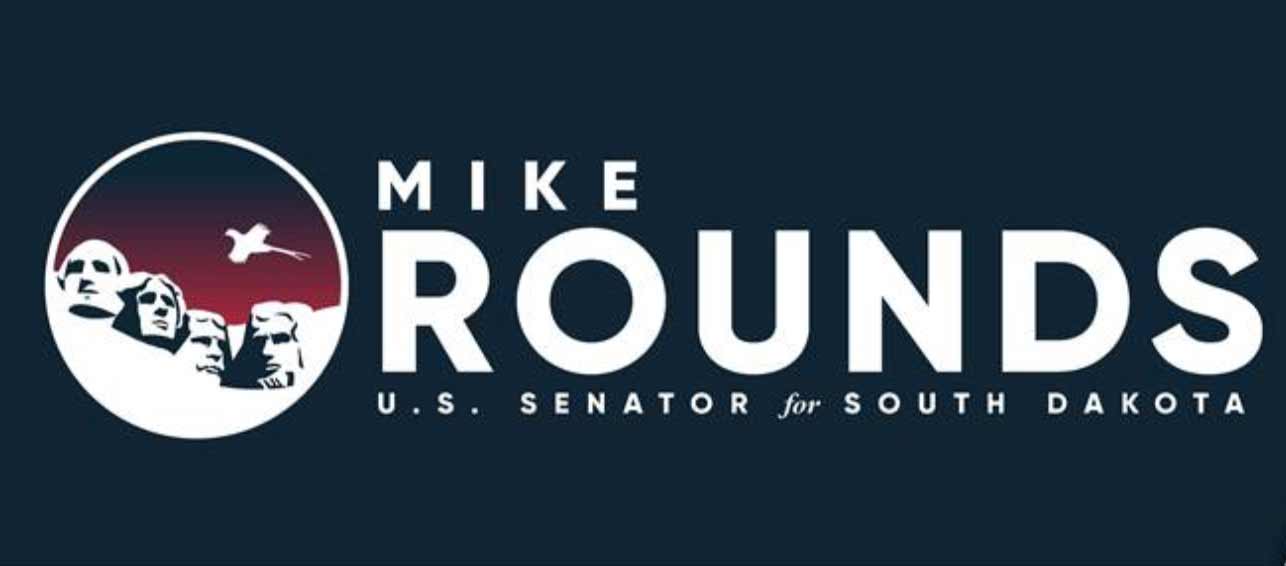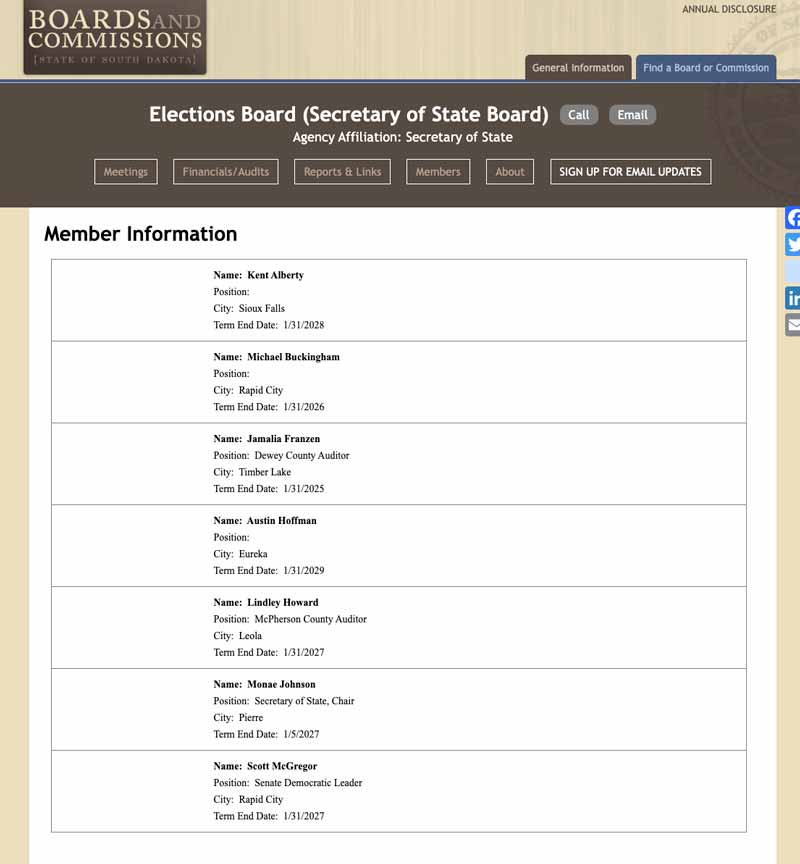Guest Column: 340B Reform is Needed to Prevent Future Waste
340B Reform is Needed to Prevent Future Waste
By Troy Redler
For the last few weeks, the headlines have been filled with reports of outlandish government spending thanks to the efforts of Elon Musk’s Department of Government Efficiency (DOGE). As DOGE continues to find the worst cases of waste, fraud, and abuse across the government, it is only a matter of time before they turn their attention to the 340B program.
The 340B program was created to achieve a noble goal: to help vulnerable patients access prescription medications. This was supposed to work by allowing hospitals operating in underserved communities to purchase prescription drugs at a discounted rate. Those hospitals could then provide medicine to needy patients at a lower cost.
Unfortunately, the system was designed with a fatal flaw—there is no accountability to ensure patients actually see the savings. This has resulted in many hospitals using the 340B savings to boost their profits rather than charge patients lower prices.
This is a particularly big issue for rural states like South Dakota. Many South Dakotans live in medically underserved areas or struggle to afford their medications. Reform is desperately needed to ensure the program is serving our most vulnerable residents and prevent more resources from being wasted.
The 340B program has exploded in popularity in recent years. The number of covered entities, which is a technical term for hospitals or other healthcare providers who utilize the 340B program, has grown to over 12,700 by 2020, according to the Government Accountability Office (GAO).
The growth in the number of contract pharmacies that provide the medication paints an even starker picture. In 2010, approximately 1,800 contract pharmacy locations nationwide participated in 340B. By 2022, that number had grown to nearly 32,000.
Much of this growth has been fraudulent. Despite being a program explicitly designed to benefit vulnerable patients, only 35% of participating hospitals and clinics provide service to underserved areas. Moreover, an academic analysis found that the dramatic growth of contract pharmacies was not correlated with poverty rates or areas of medical underservice.
The GAO has found numerous instances of noncompliance across the 340B program, including ineligible facilities qualifying for discounted medications and distributing 340B drugs to ineligible patients. However, the most wasteful abuse that has been uncovered is the discovery of “duplicate discounts.” This occurs when medications that are already covered by another government benefit, such as a Medicaid rebate, are also sold under a 340b price.
While it is bad enough that taxpayer money is being wasted, what makes the situation even more concerning is that the program is failing to help the very patients it was designed to serve. Instead of lowering costs for patients, hospitals are often charging them the full sticker price for prescription medications and using the savings to invest in unrelated projects.
Defenders of the status quo sometimes argue that hospitals use their 340B savings to invest in charity care, so the program is actually achieving its stated goal. But the evidence does not support this claim. In 2022, for example, participating hospitals made over $44 billion of the 340B program but spent just under $19 billion on charity care.
Ultimately, serious changes to the program will need to be passed by Congress. Given South Dakota’s large population of underserved patients, Senate Majority Leader John Thune should make passing 340B reform a top priority.
In the short term, a good first step would be for DOGE to draw attention to the problem, as they have done for other instances of governmental abuse. After all, sunlight is the best disinfectant.
Another way DOGE can help is to advocate for a “follow the money” approach to the program. Some drugmakers have proposed moving the 340B program to a rebate model, where the manufacturers would provide the savings once a hospital verifies that the 340B drugs receiving a discount were actually purchased and dispensed by a properly eligible 340B provider. While this system would not fix all of 340B’s woes overnight, it would be a first step towards providing the transparency necessary to ensure that at-risk patients have access to affordable medications—and that’s what matters most.
—
Troy Redler is the operator of the family-owned, Redler’s LTC Pharmacy specializing in pharmaceutical care for patients in long term care and senior living communities.






